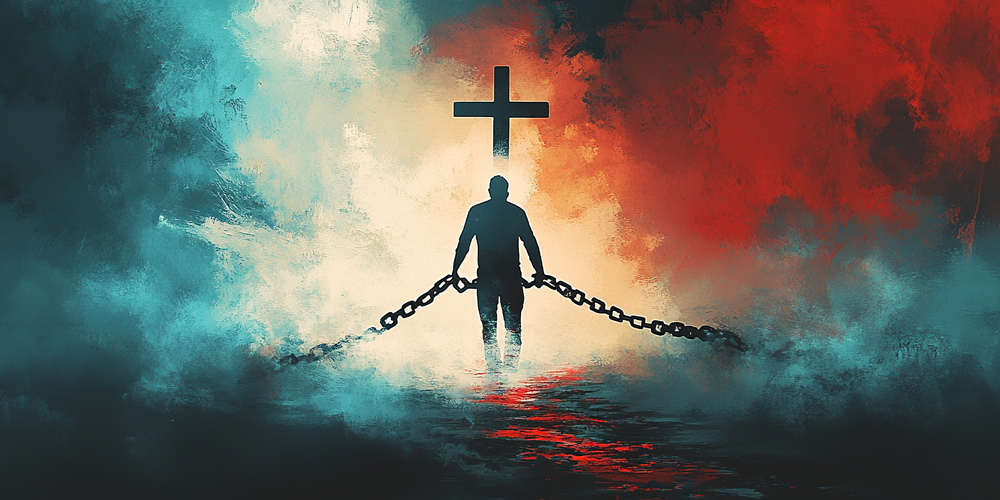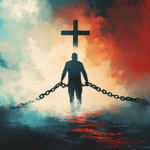By Lisa Race
It’s 2 a.m., and I am listening to sirens and helicopters in the distance — sirens that never come to a stop but never actually seem to arrive anywhere; helicopters that fly overhead getting close to pockets of unrest but never actually seem to find the object of their search. On some days, it seems that sirens go off every two or three hours.
Other days, it’s eerily quiet like a cemetery off the beaten path (perhaps on a hill overlooking miles of gravestones). Not even the wind moves a leaf on the trees.
Los Angeles doesn’t usually sleep. The swing shift and the graveyard shift mean cars move along the streets and the highways, sometimes from as far away as Apple Valley or Victorville. Concerts in little clubs in Hollywood, which don’t start until 10 p.m. and let out at 2 a.m., have groups of youth swarming at Rampart and Beverly boulevards for a double chili cheese with extra chili and no tomato at the Original Tommy’s, a pierogi and matzah ball soup with an egg cream at Canter’s Deli, or coffee at Sails until the sunrise pours reality over their dreams and sends them into the cold streets toward their 9 to 5 jobs or classes.
As I write this, the downtown areas are recovering from shuttering and vandalism due to weekly protests and fear of being detained by a growing army of seasoned and newly deputized immigration agents. Some celebrations are canceled as people remain indoors afraid of being accosted. Tourism appears to be dead. Much of Hollywood is no longer showing up for work as studios are sold to real estate developers. According to news reports, California’s K-12 schools will be down $6 billion at the start of the school year, the agricultural system lacks enough people to pick the fruit and vegetables, and state and federal officials aren’t getting along with each other. The oldest street in Los Angeles — Olvera Street — is closed.
Yet the average person is still going to a job or school daily, planning birthdays and weddings, going on vacations, and enjoying local diversions in their small spheres of influence. For many Californians, what is happening still appears to be happening to “other” (or “foreign”) people while economic and societal implications elude their imaginations. Pervading rationalizations include “it just can’t be possible,” “it will all work out,” “I don’t really follow the news or politics,” or “I have my own problems and family to think about.” Others keep protesting in the streets while attempting to voice their desire to “make the madness end.”
We may have read analyses describing our country as in a state of decline like ancient Rome before its demise under barbarian invasions. Are the things taking place sincere efforts to save the nation or resignations of hope to retain a status quo? What is best to preserve the economic, governmental, and social welfare of our nation?
_
“It is the position of the heart that matters.”
_
Ancient Guidance for Modern Times
In our anxiety, frustration, denial, or lack of empathy, we are not without guidance or instruction for such a time as this. Biblically, we seek what God advises in His inspired Word written thousands of years ago, yet still relevant to our own experience here and now.
Isaiah 58 and the book of Malachi share the words of prophets who have a message with some common themes.
The book of Isaiah is God’s response to unanswered prayers for Israel during a ritual fast. The people wanted to know why God didn’t see them. He responds with a laundry list of issues that He graciously provides because they ask Him. God is frustrated by their hypocrisy. His complaint is that Israel is self-centered and selfish. They have not been obedient from the heart but only in the performance of rituals. There is no evidence of transformation of the heart by their works. Since their hearts are far from Him, He decides not to listen to them.
Their prayers are full of cursing and desire to bring harm to others. It is mentioned that they actually have fistfights. They have no concern for the poor and ignore the afflicted and the broken. They don’t even care to approach God outside of crying for God to give them what they want. He then proceeds to explain that the point of fasting is not to manipulate God but to allow God to lead them in His statutes that lead to blessing. According to the Law, they have been outside of the parameters of blessing. It is the position of the heart that matters.
In Malachi, the issue is similar, but what is addressed is exploitation of workers and unkindness to the alien (discrimination). They say all the right things before God and in prayer, but the condition of their hearts is betrayed by their ungodly deeds.
_
“What if God knew that what mattered to us most is lessened because we have not been willing to provide it for others? ”
_
Chief of their monetary missteps is the lack of tithing. Stealing is when someone secretly takes something that doesn’t belong to them, but God calls Israel robbers. They boldly withhold the required donation of their income as though holding a gun on God and demanding His share. He is indignant and planning judgment against them. The hypocrisy is overwhelmingly apparent, and judgment is sure. He will send a messenger to prepare the way for Him to come to them and exact vengeance for Himself — a prophecy of the coming of the Savior.
During times of oppression, we cry out for deliverance. During hardship, we cry out for provision. During seasons of warfare, we cry out for defense. During seasons of chaos, we ask for order and often peace. We fast and pray. We wait. We mutter that the Lord is taking His time to act as we believe God is too slow.
But what if God knew that what mattered to us most is lessened because we have not been willing to provide it for others? Have we provided freedoms and safety, honored boundaries, nurtured and given to the poor? Or have we blocked their path and told them their trouble is that they refuse to submit to us? Have we been going through the motions in service and lost our zeal for the Sabbath as we rationalize our lack of interest in church and prayer away as a need for rest?
Our resistance to protocol is internalized and surfaces as passive aggressive service. Leaders admit their narcissism and spiritual pride but often do little more than confess. They must have honor or must eradicate the perpetrator of dishonor à la Nebuchadnezzar.
And so God gives the treatment we dished out, and we cry and wail for release. But it will only come when we realize that we are doing it to each other: holding each other hostage to our own desire to do God’s job and to punish the perpetrators He died to save instead of living the gospel with them.
What’s the Solution?
The solution is to come back to our first love and treat each other and God the way He asked us to. Following the commandment to love one another was the solution all along. Obedience, not sacrifice is what God requires. Relieve burdens, set people free, provide food and shelter, tithe, rebuild the war-torn ruins and heal the hurts in people’s hearts and lastly … love the alien or the foreigner.
Blessings come as a result of this way of life, according to God Himself. So let us examine ourselves, and worship and fast according to God’s design. I’m sure if we do this we will be able to testify of an authentic and pure religious expression that will please the covenantal Father of us all.
+

Lisa Race is currently an associate pastor at Light & Life West in Long Beach, California. She holds a Bachelor of Arts degree in intercultural studies from Biola University and is currently completing her Master of Divinity degree with an emphasis in missions and intercultural studies at Talbot Theological Seminary where she has completed core competencies in spiritual formation, theology, and Greek. She is also a proud member of the African Heritage Network of the Free Methodist Church. She currently resides in Los Angeles, California, and enjoys baking and gardening. Her favorite hobbies are reading and going to movies. Her favorite mission groups are Shop With a Mission and Empowering Lives International. She has been a member of the Free Methodist Church in Southern California since 2009.










